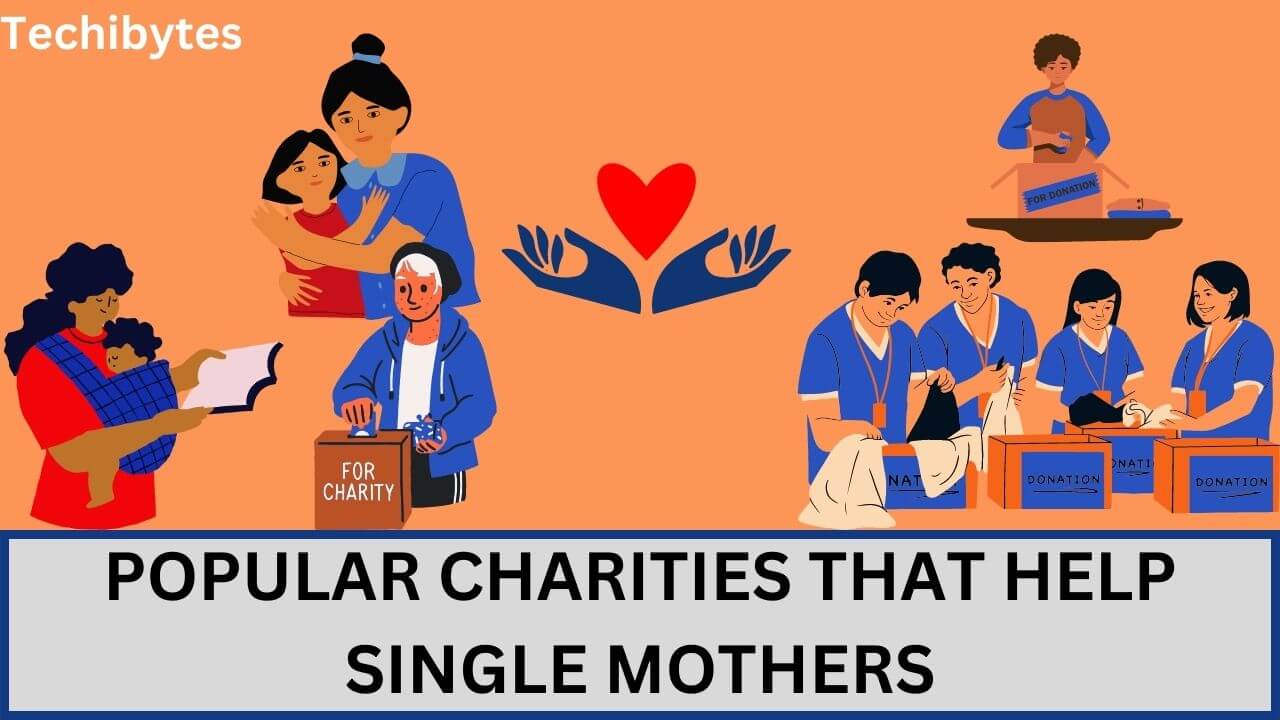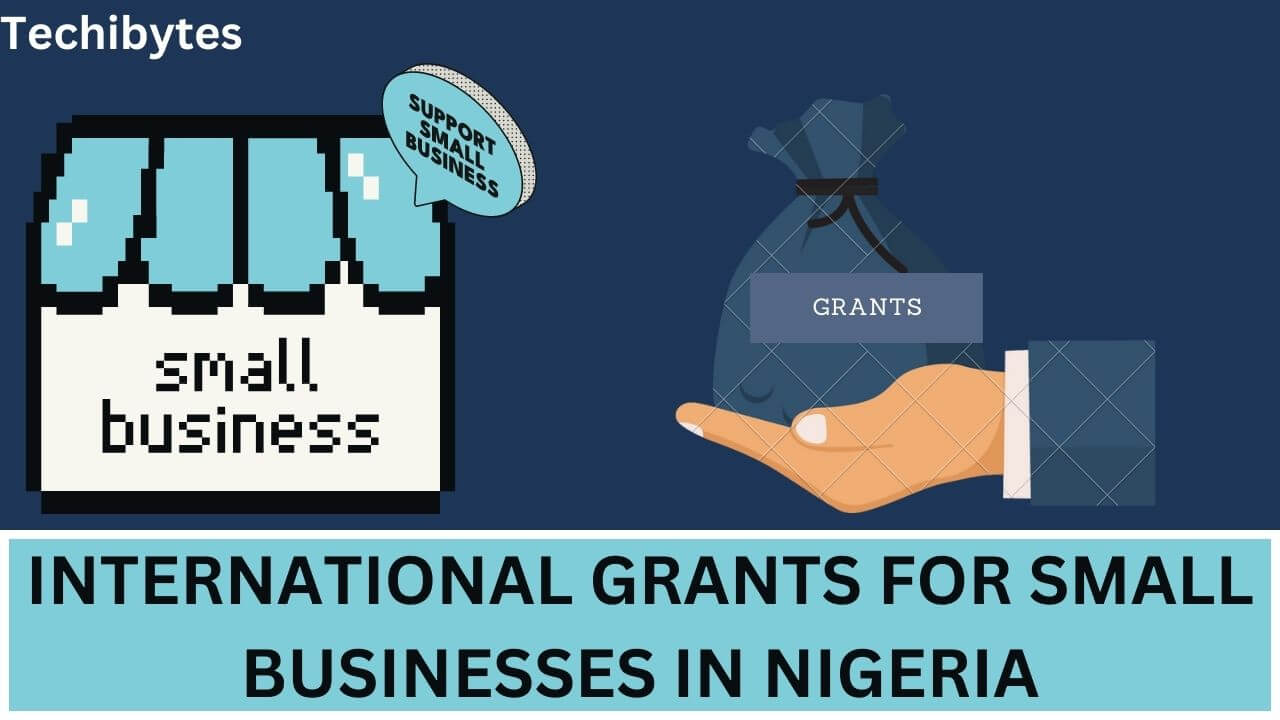College tuition fees keep rising every year, costing thousands of dollars. Most college tuitions for private schools cost about $30,000 or more, while tuition fees for public colleges cost about $20,000.
Many folks, even those with college savings, find it difficult to cough up this amount of money yearly. As a result of the high college tuition fees, many folks end up dropping out or incurring high college loan debts, which could take about a lifetime to clear up.
But what if there was a way that students could have access to funding that would help them pay their tuition fees while staying debt free? Well, this feat is entirely plausible, thanks to free grants for college.
In this article, you will learn more about free grants for college and the best free grants for college students, so stick around till the end of the article.
Table of Contents
WHAT ARE FREE GRANTS FOR COLLEGE?
Free grants for college are often known to many as a type of free aid. Unlike loans, one of the most outstanding qualities of grants is that you do not have to repay it.
A few organizations, like banks and schools, offer grants. The federal government also provides grants in some cases.
IS THERE A DIFFERENCE BETWEEN GRANTS AND SCHOLARSHIPS?
You may frequently hear the phrases “grants” and “scholarships” used interchangeably because both are non-repayable forms of academic support. But are they the same thing? The short answer is no.
Governments, universities, and business organizations are just a few places where free grants for college and scholarships stem from. The main difference is that grants are frequently based on need, whereas scholarships are commonly determined by academic achievement and ability.
On the other hand, given that some organizations provide scholarships with a need-based component, the difference can occasionally be unclear.
You shouldn’t focus all your energy on finding the difference between grants and scholarships. The most important thing you should do is to read the application guidelines carefully for each free grant for college or scholarship.
ADVANTAGES OF FREE GRANTS FOR COLLEGE
Below are a few advantages of free grants colleges.
1. ALLOWS MINORITY TEENS TO ATTEND COLLEGE
One of the most significant advantages of free grants for college is that it allows minority teens to attend college. Many teens that desire to attend college end up not attending college due to financial issues.
However, with free grants for college, minority teens could even be the first in their families to attend college and have a better chance of high-paying employment opportunities.
2. HELPS OLDER UNEMPLOYED FOLKS RETURN TO SCHOOL
Some older unemployed folks find it challenging to get a high-paying job or stay unemployed simply because they do not possess the credentials. Some of these older unemployed folks include those who dropped out of college primarily due to financial reasons and those who could not even attend college.
However, with free grants for college, they would not only be getting an opportunity to get a better job, but they would also improve their skill set.
3. HELPS SINGLE MOTHERS RETURN TO SCHOOL
According to statistics, most single mothers spend most of their money on housing expenses and child care, leaving them very little or no money for educational expenses. About 13.9% of single mothers are high school dropouts.
With grants, however, many single mothers will be able to attend college and even get an opportunity to get better-paying jobs.
4. HELPS ADULTS TO PURSUE GRADUATE STUDY
One thing holding older adults with families back from pursuing graduate study is the need for more finances. There is also the constant worry of catering to their family while they pursue their graduate studies.
Grants allow older adults to cater to their families while pursuing their graduate studies. Thanks to free grants for college, they would not have to sacrifice the bulk of the money they would use to cater to them to pursue their graduate studies.
DO YOU NEED TO REPAY FREE GRANTS FOR COLLEGE?
As student loans and debts grow, it’s no surprise that many people hesitate to accept any form of financial aid. However, the good news is free grants for college do not need to be repaid.
On the other hand, student loans typically have a specific timeframe for repayment. The timescale for a refund can either be on the day of graduation or a few years after graduation.
Apart from not having to repay grants, another perk of grants is that they often cover more than tuition fees. Most free grants for college also cover transportation fees and housing costs.
Before you apply for a grant, however, there are some things you must have to keep in mind. For one, you must remember that free grants for college often come with requirements that you must meet.
More often than not, failure to meet these requirements leads to the repayment of the grant.
Requirements that come with a grant will be specified on the application paper. To avoid the possibility of future non-payment, the majority of organizations are forthright about these obligations.
BEST FREE GRANTS FOR COLLEGE STUDENTS
Below is a list of the best free grants for college students.
- FEDERAL GRANTS
The U.S. government distributes a large portion of the grants that students get. Grants from the federal government are used to promote higher education, boost the country’s economic production, and improve the country’s competitiveness abroad.
The following four government grant programs are open to students enrolled in community colleges, four-year institutions, and career programs:- PELL GRANTS
Pell grants are a significant source of financial aid for undergraduates. These grants are given out per economic necessity. The price of attendance, whether students attend all or part of the year, and whether they are full- or part-time students are all factors they consider before they give out the grant.
During the 2018–2019 academic year (July 1–June 30), the maximum Pell Grant award is $5,550, making money accessible for up to 18 semesters. - FEDERAL SUPPLEMENTAL OPPORTUNITY GRANTS(FSEOG)
The FSEOG program only accepts applicants who have a severe financial need. According to the findings of the FAFSA, priority status is provided to students who have been approved for Pell Grants and who have the lowest Expected Family Contributions (EFCs).
Financial need, school financing, the date of application, and the institution’s financial assistance regulations are all factors considered toward FSEOG funding. Federal Supplemental Opportunity Grants are generally awarded for academic years and vary from $100 to $4,000. - IRAQ AND AFGHANISTAN GRANT
This grant is perfect for people who do not qualify for the Pell grant but whose parents lost their lives due to U.S Armed Forces services carried out after September 11, 2001, in Iraq or Afghanistan.
To qualify for this grant, you must be under 24 years old and be enrolled either part-time or full-time at the time of the parent/guardian’s death. - GRANTS FOR TEACHER EDUCATION IN COLLEGE AND HIGHER EDUCATION (TEACH)
The TEACH Award offers financial assistance to undergrad and grad students who want to teach at the primary or secondary level, up to $3,764 per year. Nonetheless, students must fulfill the TEACH Grant’s job criteria after graduating.
If you drop out of school too soon or don’t satisfy the standards, the government will turn your grant into a debt you must pay back with interest. - ACADEMIC COMPETTIVENESS GRANT (ACG)
The Academic Competitiveness Awards are given to students who have completed challenging high school curricula. The first-year grant is $750, and the second-year grant is $1300. - NATIONAL SCIENCE AND MATHEMATICS ACCESS TO RETAIN TALENT GRANT (NATIONAL SMART GRANT)
The United States created this grant to boost the competitiveness of its citizens in fields such as physical science, life science, computer science, technology, mathematics etc.
However, to qualify for this rant, you must major in one of these fields and keep a minimum 3.0 GPA. SMART Awards have a $4,000 annual cap and are offered throughout the third and fourth years of undergraduate education.
- PELL GRANTS
- STATE GRANTS
Your state may also be able to provide funding. Several states offer scholarships and other types of financial help to entice students to enroll in college. Typically, to be eligible, you must reside and attend school in the state, as well as fulfill specific income requirements. - PRIVATE GRANTS
Private institutions can also provide unrestricted grants for college. Many private organizations understand the value of higher education. And for this reason, employers, civic groups, trade organizations, and credit unions contribute funds to support academically gifted students who require financial aid. - UNIVERSITY GRANTS
Several institutions manage their grant programs in addition to federal and state funds. In addition, several outside organizations provide financial aid to students so they can attend a specific institution or a particular level of education.
REQUIREMENTS FOR FEDERAL GRANTS
You must complete the Free Application For Federal Student Aid (FAFSA) to apply for a federal grant. Below are a few of the requirements that you must meet before you can apply for federal grants.
- You must be a US citizen or a qualified non-citizen,
- You must have a valid social security number,
- You must have a high school diploma or GED
- You must be currently enrolled or planning to enroll in a college.
- You should register for Selective Service if you are a male ranging from 18 to 25 years of age.
- Must show good academic progress in university courses.
- You must promise to use the federal grant for only educational and housing costs.
- You must not have any federal loans or grants in arrears.
CONCLUSION
These free grants for colleges will help you to complete college without incurring substantial student debts.
If you liked this article, then please subscribe to our YouTube Channel for videos. You can also find us on Twitter and Facebook










